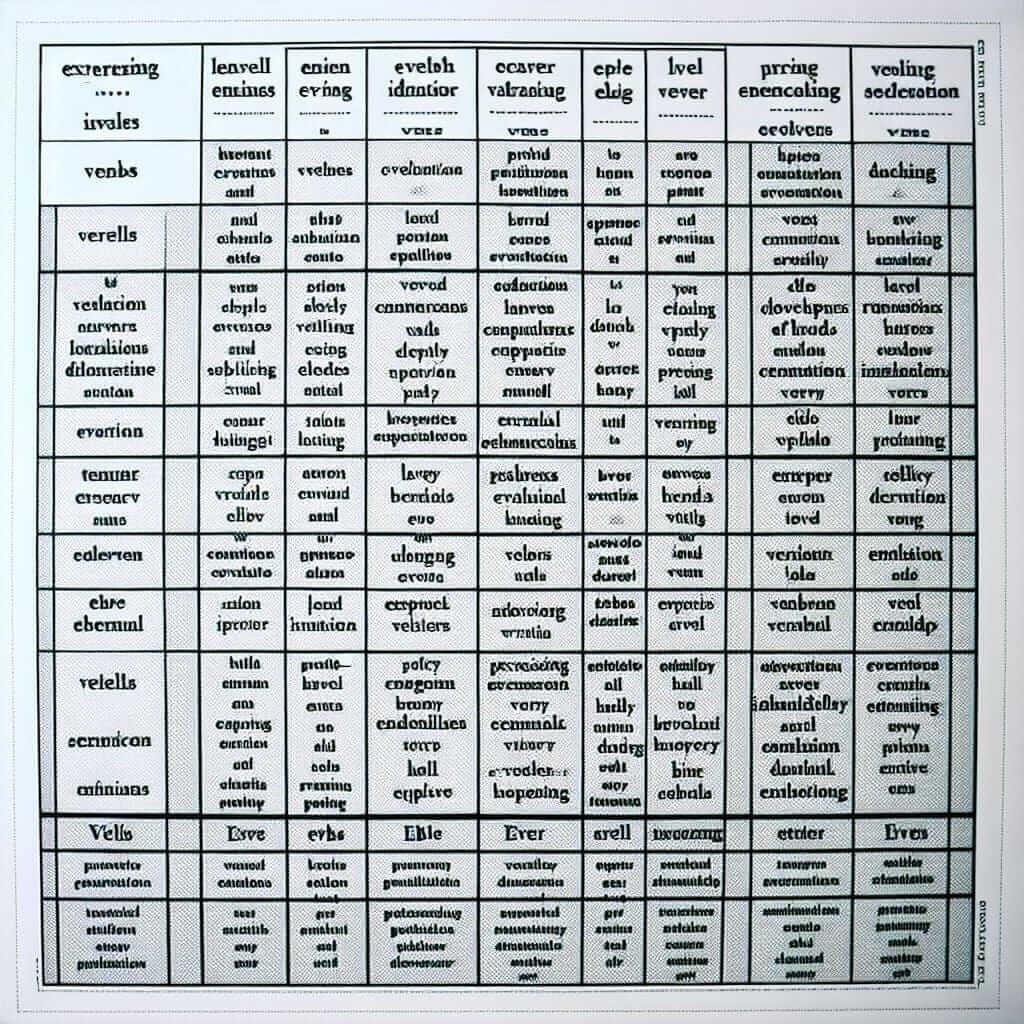Many IELTS students aim for sophisticated vocabulary to boost their scores. While this is a good strategy, it’s crucial to use words correctly. One phrase that often causes confusion is “it evaluates that”. This article will analyze this phrase, exploring its accuracy and suggesting effective alternatives for expressing evaluation in your IELTS writing and speaking.
Let’s start by looking at a few examples:
- Incorrect: The report it evaluates that climate change is a serious threat.
- Correct: The report evaluates climate change as a serious threat.
- Correct: It is evaluated that climate change is a serious threat, according to the report.
As you can see from the above, “it evaluates that” is grammatically incorrect. The structure is redundant. Let’s delve deeper into why and explore the right ways to express evaluation.
Understanding “Evaluate” and its Usage in IELTS
“Evaluate” is a verb meaning to judge or determine the significance, worth, or quality of something. It’s a highly valuable word for IELTS, especially in tasks requiring you to analyze information, express opinions, or present arguments.
Common Mistakes and How to Avoid Them
The main issue with “it evaluates that” is the unnecessary use of “it.” “Evaluate” is a transitive verb, meaning it directly acts upon an object. Therefore, you don’t need the pronoun “it” as a placeholder.
Incorrect: The graph it evaluates that sales have increased dramatically.
Correct: The graph shows that sales have increased dramatically.
Instead of “it evaluates that”, consider these alternatives:
- It is evaluated that… (Used in passive voice, often with a source mentioned)
- The report/study/analysis evaluates… (Clearly stating the evaluating entity)
- …shows/indicates/demonstrates that… (Alternative verbs for presenting findings)
- …concludes/suggests/implies that… (For presenting interpretations or inferences)
Using Evaluation Vocabulary Effectively for Band 7+
To achieve a higher band score, focus on:
- Variety: Utilize a range of reporting verbs like “assess,” “determine,” “appraise,” or “judge” instead of just “evaluate.”
- Accuracy: Ensure the chosen verb accurately reflects the nature of the evaluation.
- Conciseness: Avoid redundant phrases and strive for clear and direct language.
 IELTS Evaluation Vocabulary
IELTS Evaluation Vocabulary
Examples of Evaluation Language in IELTS
Let’s see how you can effectively incorporate evaluation language in different sections of the IELTS exam:
Writing Task 1 (Describing a graph showing an increase in online shopping):
- Instead of: “The graph it evaluates that there has been a surge in online shopping.”
- Write: “The graph illustrates a significant upward trend in online shopping.”
Writing Task 2 (Discussing the impact of social media on interpersonal relationships):
- Instead of: “It evaluates that social media has both positive and negative effects on relationships.”
- Write: “A balanced assessment of social media reveals both positive and negative effects on interpersonal relationships.”
Speaking Part 3 (Discussing the importance of environmental conservation):
- Instead of: “It evaluates that protecting our environment is crucial for future generations.”
- Write: “I firmly believe that safeguarding our environment is paramount for the well-being of future generations.”
Conclusion
Using sophisticated vocabulary is commendable, but accuracy is paramount. Avoid the incorrect phrase “it evaluates that.” Instead, opt for grammatically correct alternatives and focus on clarity, variety, and conciseness to effectively express evaluation in your IELTS exam and achieve a higher band score.


